Previous image Next image

It was said that stomach cancer is a cancer that has a high probability of developing in Korea. Recently, the incidence rate of young people besides the elderly has been increasing, so it was a cancer that needs more attention. In addition, the symptoms tended to develop slowly, making it difficult to detect stomach cancer early.

In the case of gastric cancer patients in Korea, the survival rate for five years after resection was higher than 80 to 90%, but more than 80 percent of the initial gastric cancer did not feel any symptoms, so even if it appeared, it was easy to overlook due to other digestive problems.Also, it was necessary to be careful because serious symptoms only appear after reaching the third or fourth stages of stomach cancer. Gastric cancer symptoms that appear after progressing to the third and fourth stages of gastric cancer may include vomiting, prone to fullness, and difficulty swallowing food, which may lead to weight loss or loss of appetite and bleeding.

Therefore, in order to increase the survival rate of stomach cancer, you should always have regular checkups, and it was recommended that you have an endoscopy once every two years from the age of 40. The method of curing stomach cancer basically refers to resection, and it was found that this applies from early gastric cancer to the third stage of gastric cancer beyond the scope of endoscopic healing.
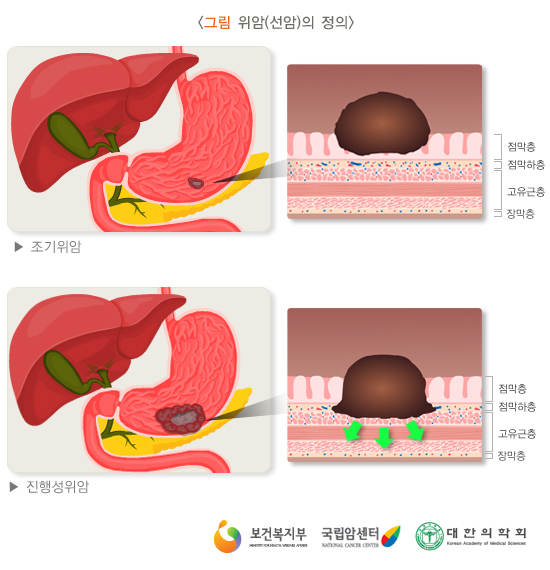
In some cases, supplementary gastric cancer chemotherapy was provided to reduce the probability of recurrence and prevent it from occurring in the third stage of gastric cancer. Progressive gastric cancer, such as the second and third stages, is known to recur 40 to 60% of the time even if it is removed by resection, and anti-cancer chemotherapy is steadily being carried out to prevent such recurrence. There is a difference in survival rates between stage 3 A and stage 3 B of stomach cancer, and stage 3 A is 50%, but stage 3 B shows survival rates of about 30%.
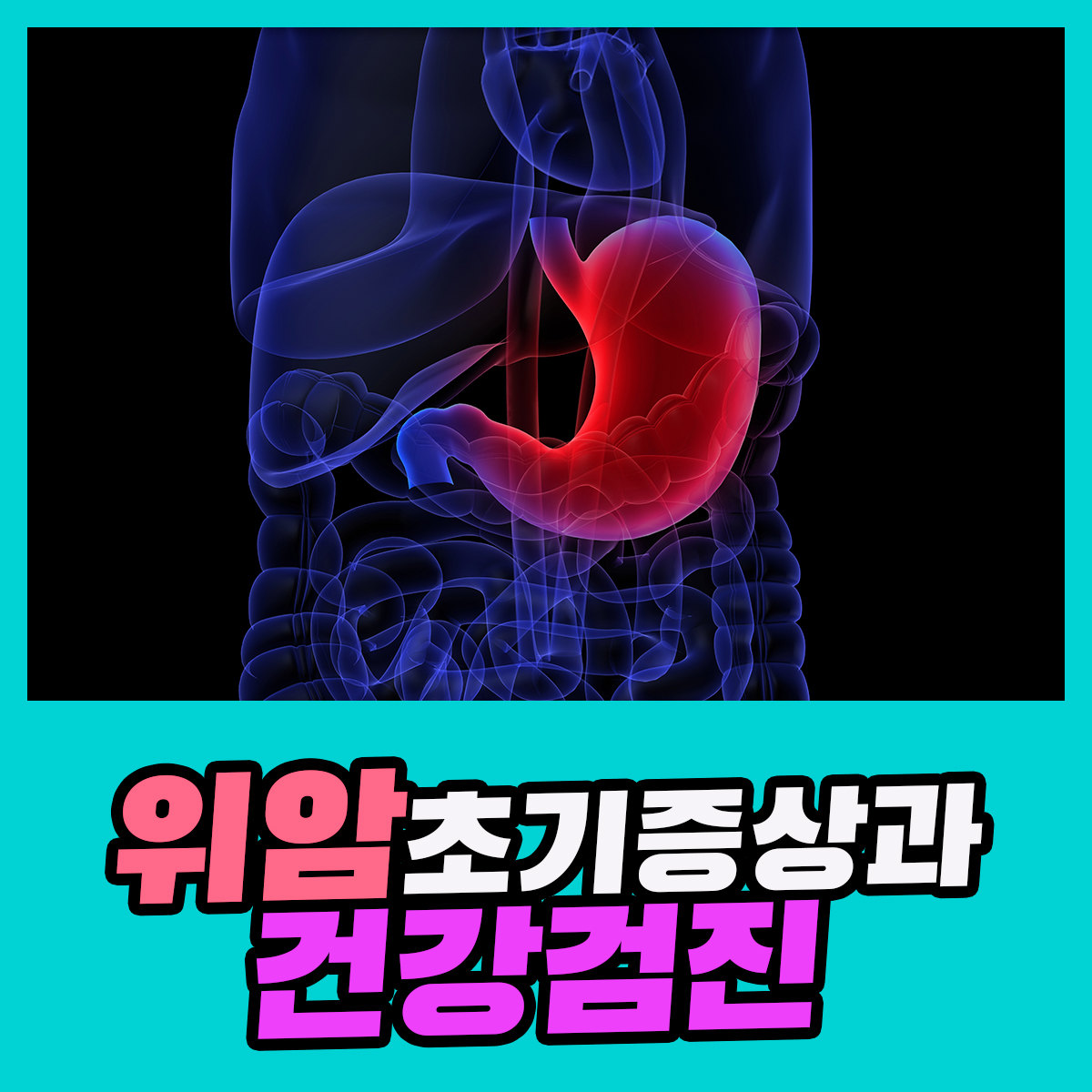
Cancer patients were able to suffer greatly in various cancer healing processes that had no choice but to continue for a long time. It was characterized by not only feeling psychological depression, fear, and loss, but also physical difficulties, and a significant decrease in the quality of life due to a significant decrease in immunity. Since cancer healing cannot continue efficiently when immunity and physical strength are reduced, it has been found that the appropriate way is to increase the patient’s immunity through proper cancer management, increase healing efficiency, and help create synergy.
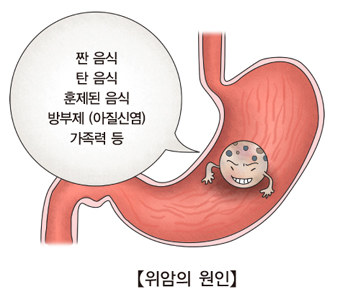
Cancer patients using our hospital helped systematic cancer management based on the integrated immune cancer management of the two oriental medicines to support the resection process, chemotherapy, and radiation healing of gastric cancer patients. High-frequency thermal cancer management, high-dose vitamin therapy, thymosine alpha 1, mistrut therapy, selenium, and nutritional infusion healing, as well as herbal remedies, acupuncture, acupuncture, royal moxibustion therapy, and non-kun therapy.
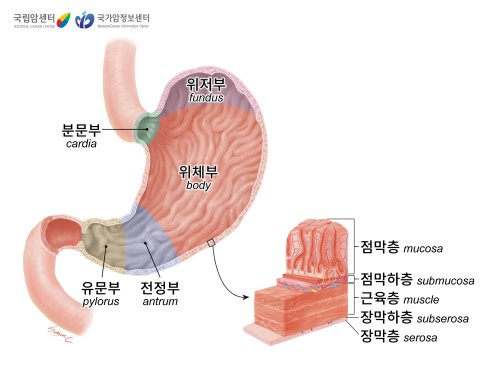
As such, we are focusing on enhancing the immune system of gastric cancer patients and trying to restore the immune system to normal, and we were conducting integrated sheep-Korean immune cancer management, which applies both and oriental medicine principles.In addition, various medical equipment and healing facilities have been prepared to help patients heal smoothly.
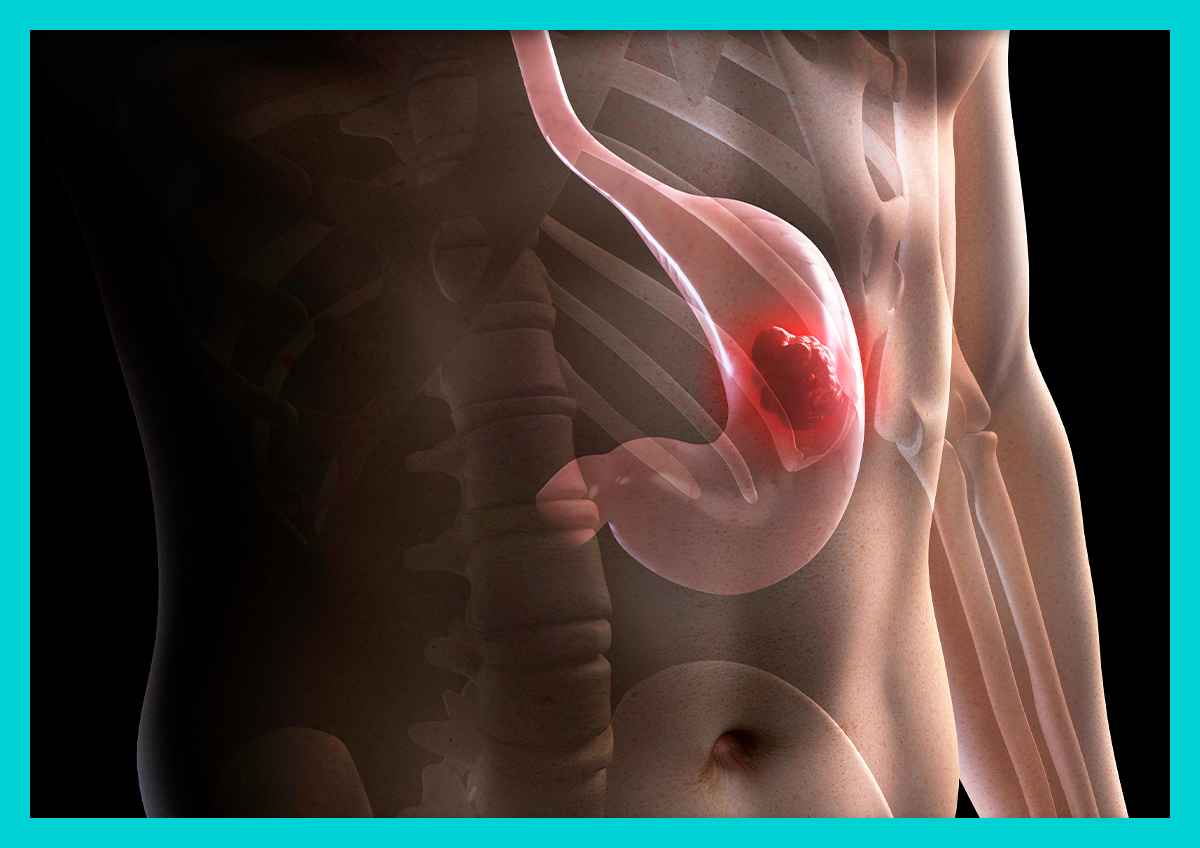
There were spaces for cancer rehabilitation, personal exercise, and walking spaces, and facilities that considered the patient’s convenient movements were provided, so I could live a comfortable life.It was not a stuffy medical institution space, but a luxurious interior and suitable facilities as if living at home, and various healing programs were prepared to consider the patient’s lifestyle, so the patient’s satisfaction was very high.
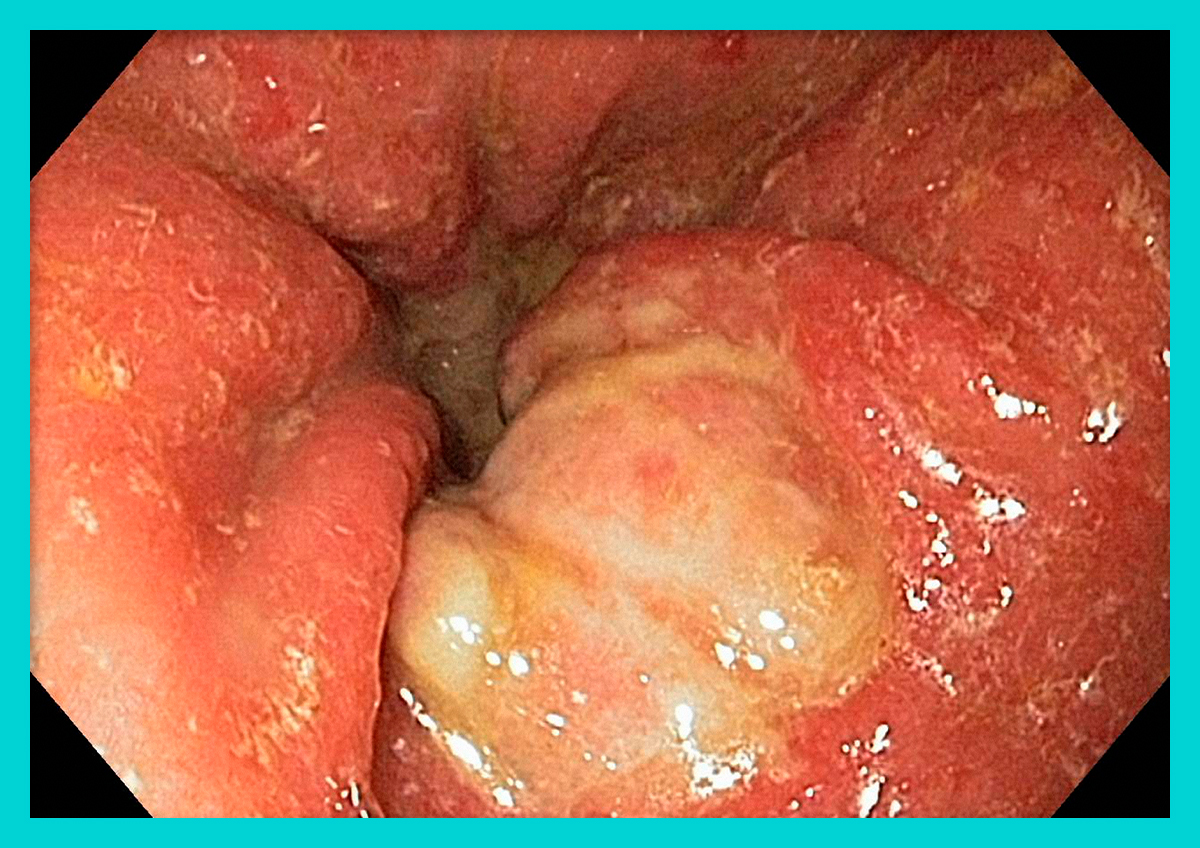
Like stomach cancer patients, if they have digestive problems, they often have difficulty eating, so they had to put a lot of effort into their diet. We prepared a customized anti-cancer diet accordingly. Based on 1:1 meal counseling, we carefully guided stomach cancer patients on the necessary menus and eating methods, and even those who lost their appetite could improve their physical strength by eating without difficulty.

Our hospital helped patients with large gastric resection after resection (enteric obstruction, dumping syndrome), misjudgment, vomiting, muscle pain, etc., and made great efforts to improve the quality of life of patients by preventing metastasis and recurrence.As I mentioned earlier, stomach cancer could be seen as a cancer that needs thorough management as 40% to 60% of all stomach cancer patients are known to have lost their lives due to recurrence. Considering the type of cancer, stage-by-stage, and patient’s general condition, we help each patient heal and manage them accordingly, so I thought it would be good to actively help patients who need thorough cancer management.In particular, the 12-week recurrence and metastasis prevention program is a program for cancer patients who need continuous management, and it was informed that patients’ immunity is managed through continuous preventive tests, residual cancer death, new cancer occurrence, metastasis, and recurrence.In particular, the 12-week recurrence and metastasis prevention program is a program for cancer patients who need continuous management, and it was informed that patients’ immunity is managed through continuous preventive tests, residual cancer death, new cancer occurrence, metastasis, and recurrence.Previous image Next imagePrevious image Next imagePrevious image Next image

